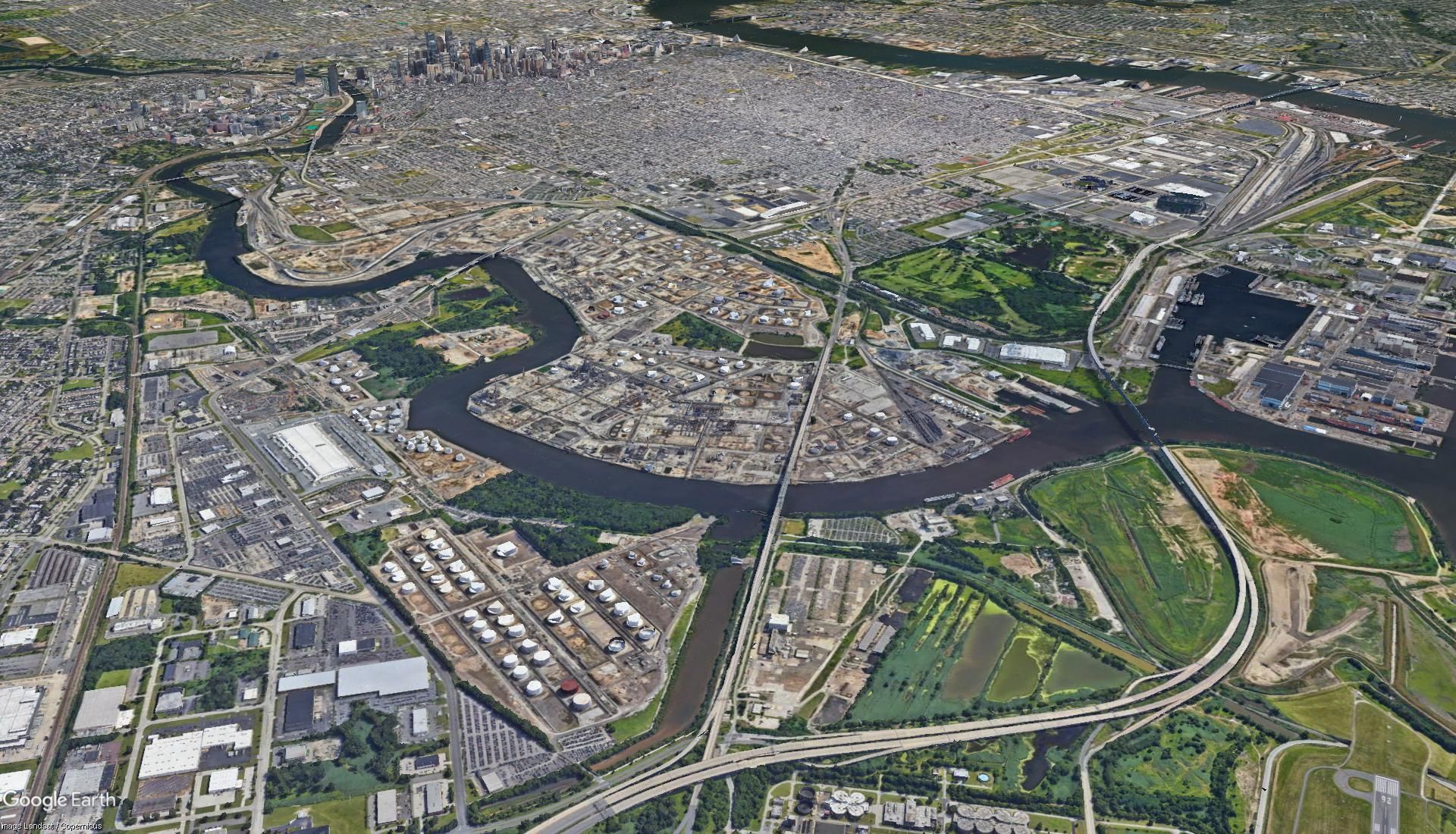A Vision for the Lower Schuylkill
Developing a long-term, community-informed, conceptual plan for potential reuses for the former Philadelphia Energy Solutions site
October 2020

"The bankruptcy of Philadelphia Energy Solutions and the closure of its refinery has given Philadelphia residents a once-in-a-generation opportunity to rethink the future of this critically important site within the borders of the City of Philadelphia. Occupying an area larger than Center City Philadelphia and situated between the rich job hubs of Center City, University City, the Navy Yard, and the airport, the site is heavily polluted and will take significant effort, resources, and time to repurpose it for safer uses in the future."
From Joseph Minott, Executive Director and Chief Counsel of the Clean Air Council and Harris Steinberg, Executive Director of the Lindy Institute for Urban Innovation at Drexel University
Visioning the Reuse of the Philadelphia Energy Solutions Refinery Complex [PDF]
In June of 2019, an explosion and fire at the Philadelphia Refining Solutions (PES) site along the lower Schuylkill rocked local neighborhoods and Philadelphia residents, prompting questions about what had caused the explosion, as well as calls for increased scrutiny over continuing refining operations at the site. A month later, after all refining operations had ceased, PES filed for Chapter 11 bankruptcy, leaving a lot of uncertainty about the site’s future as a refinery. The City, led by Managing Director Brian Abernathy and Fire Commissioner Adam Thiel, convened a PES Refinery Advisory Panel task force comprised of public and private experts and stakeholders to help understand what had happened with the explosion and fire as well as the implications for the future of the site.
The visioning process is designed to consider possible futures for the site informed by input from residents and key stakeholders and promising local, national and global practices. The vision will articulate long-term, high-level design alternatives for potential future uses which align with the values of the diverse stakeholder group, emphasizing community health, sustainable development and family-sustaining jobs. The vision is informed by an advisory panel comprised of key stakeholders, including community groups, labor organizations, government, academics, environmental groups, and elected officials.
The vision benefits from the work of the Refinery Advisory Panel appointed by Mayor Kenney, which provided a public platform for a variety of perspectives about the future of the site, and the Managing Director's Office issued a report that provides background and a useful snapshot of current development options and stakeholder interests, which stakeholders can build upon to create a long-term vision.